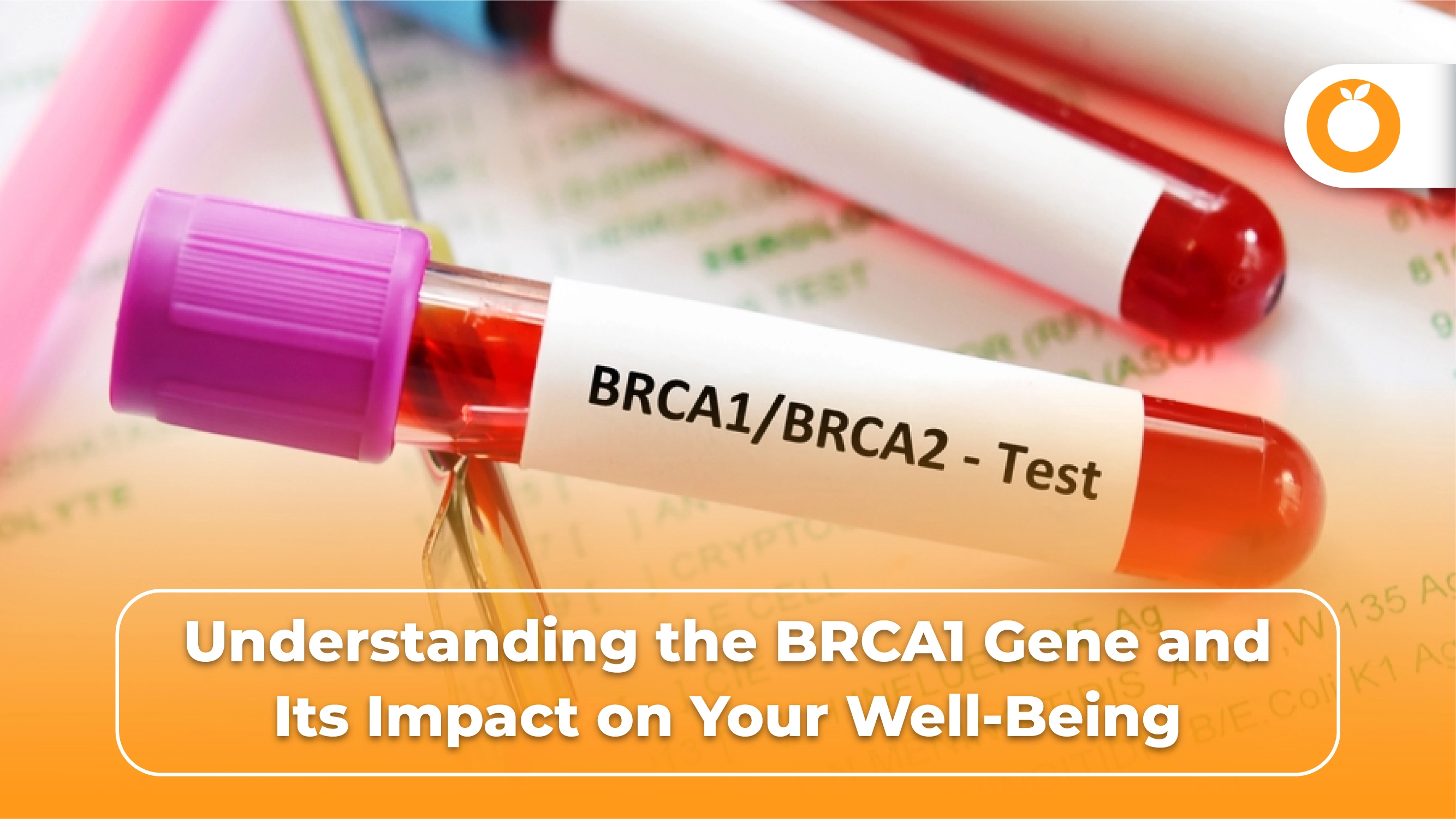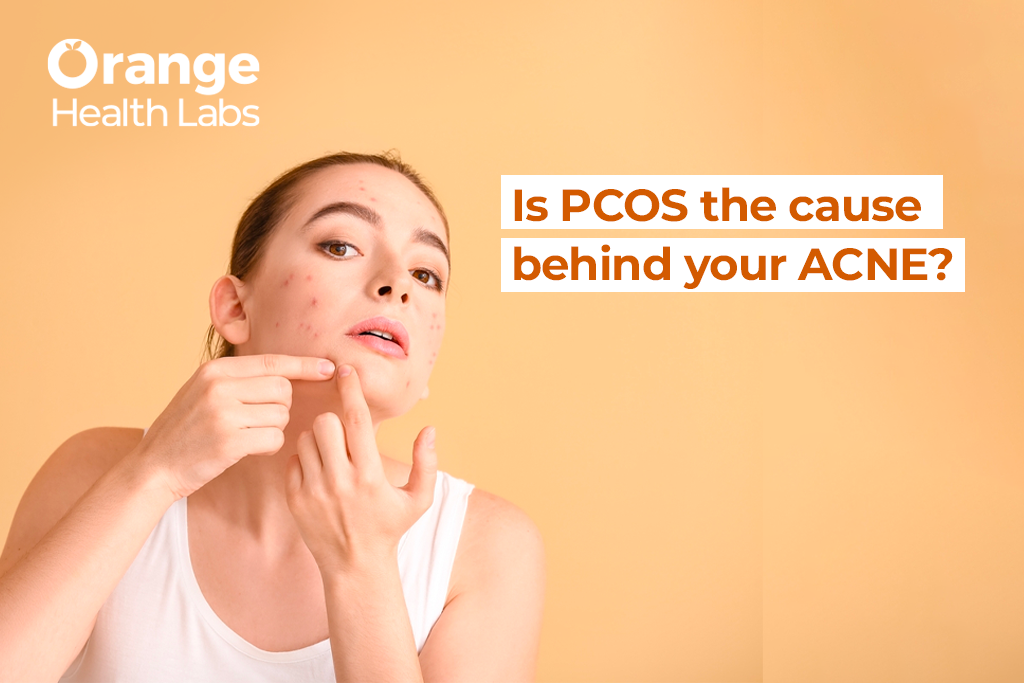Search for
SupportWhy Hba1c Is The Best Test For Blood Sugar?

What is blood sugar?
Sugar, also known as glucose, is a vital source of energy for the cells in our body. It's produced when carbohydrates from the foods we eat are broken down during digestion or when the liver releases stored glucose. Glucose is then transported through the bloodstream to various cells, where it's used as fuel to carry out essential functions.
Why is it important to keep it in check?
Maintaining an optimal level of sugar in the body is crucial for several reasons like supporting bodily functions. However, keeping sugar levels in check is vital because prolonged high blood sugar levels can have detrimental effects on various organs and systems in the body. As seen in conditions like diabetes, high sugar levels can lead to damage to blood vessels and nerves, increasing the risk of cardiovascular disease, kidney damage, nerve damage (neuropathy), and eye problems (retinopathy). Additionally, high sugar levels can contribute to inflammation and oxidative stress in the body, further exacerbating these complications.
On the other hand, chronically low blood sugar levels (hypoglycemia) can also be problematic, leading to symptoms like dizziness, weakness, confusion, and in severe cases, loss of consciousness. Therefore, maintaining blood sugar levels within a healthy range is essential for overall health and well-being.
What are the different sugar tests?
- Fasting Blood Sugar (FBS) Test: Measures blood glucose levels after an overnight fast, providing a snapshot of fasting glucose levels.
- Postprandial Blood Sugar (PPBS) Test: Measures blood glucose levels after a meal to assess the body's response to food intake.
- Oral Glucose Tolerance Test (OGTT): Evaluates how the body processes glucose over time by measuring blood sugar levels before and after consuming a glucose solution.
- Haemoglobin A1c (HbA1c) Test: Provides an average of blood glucose levels over 3 months by measuring the percentage of glycated haemoglobin in the blood.
- Random Blood Sugar Test: Measures blood glucose levels at any time of the day, regardless of fasting status, to assess current glucose levels.
- Continuous Glucose Monitoring (CGM): Involves wearing a device that continuously monitors blood glucose levels throughout the day, providing real-time data and trends over time.
- Glucose challenge tests - suggested during pregnancies for detection of gestational diabetes.
HbA1c - A Gold Standard in Sugar Testing
Short for Haemoglobin A1c, it measures the glycated RBCs in your blood. Once these cells are glycated (that is sugar gets attached to haemoglobin) , they stay so for their life span which is about 120 days. The mean blood glucose level of 3 months in the bloodstream is measured in a HbA1c test.
Unlike its counterparts, HbA1c transcends the realm of momentary readings, revealing a holistic picture of glycemic control over a span of 3 months.
The tide of evidence leans decisively towards HbA1c as a diagnostic juggernaut in the realm of sugar-related ailments. Endorsed by renowned bodies like the American Diabetes Association (ADA) and embraced by countries worldwide, it stands as a testament to meticulous monitoring and proactive health management. Beyond numbers, HbA1c encapsulates a narrative of sustained vigilance and proactive health maintenance.
Why is HbA1c touted as the new gold standard?
FBS & PPBS have more dynamic values which change with every meal. These could be a good follower for people with diabetes, but one needs to take a step back to see the big picture v/s fixating on these isolated data points. The holistic perspective offered by Hba1c is important here.
Difference between HbA1c and FBS/ PPBS
HbA1c measures average blood glucose levels over the past 3 months, reflecting long-term glycemic control. FBS/PPBS measures blood glucose levels after an overnight fast, or after a meal, providing a snapshot of current glycemic status.
Advantage of HbA1c
HbA1c does not require fasting or drinking (glucose in certain tests), offering convenience for patients and reducing barriers to testing compliance. It provides a comprehensive assessment of glycemic control over an extended period, offering insights into overall sugar management.
Now, this isn't to say that FBS and PPBS don't have their place. They play a crucial role in understanding fasting and post-meal sugar levels, respectively. However, if you're serious about managing your blood sugar levels and gaining insights into your overall health, then HbA1c is non-negotiable.
Think of it this way: if you were monitoring your weight, you wouldn't rely solely on a single weigh-in, right? You'd look at trends over weeks or months to gauge your progress accurately. The same principle applies to blood sugar monitoring. HbA1c provides a more comprehensive and reliable indicator of your long-term glycemic control, allowing you to make informed decisions about your health.
Know Your HbA1c Test Price: HbA1c Test Price in Bangalore | HbA1c Test Price in Delhi | HbA1c Test Price in Mumbai | HbA1c Test Price in Hyderabad | HbA1c Test Price in Noida | HbA1c Test Price in Gurgaon
Added Patient Convenience:
Table 1: Patient Preference for HbA1c Testing
AspectHbA1c TestingFBS TestingFasting RequirementNot requiredRequiredFrequency of TestingEvery 3 monthsFrequentlyImpact on Daily RoutineMinimalDisruptive
In conclusion, in the quest for optimal health management, HbA1c emerges as an indispensable ally. By sidestepping the need for fasting, it ushers in an era of convenience and accessibility, reducing barriers to routine testing and promoting widespread compliance. Through its lens, individuals gain invaluable insights into their overall health trajectory, paving the way for informed decisions and proactive interventions.
HbA1c isn't just a test – it's a catalyst for proactive health management and empowered decision-making. With each reading, individuals arm themselves with knowledge and confidence, charting a course towards a healthier future.

Understanding the BRCA1 Gene: What It Really Means for Your Health

Is PCOS the cause behind your ACNE?
